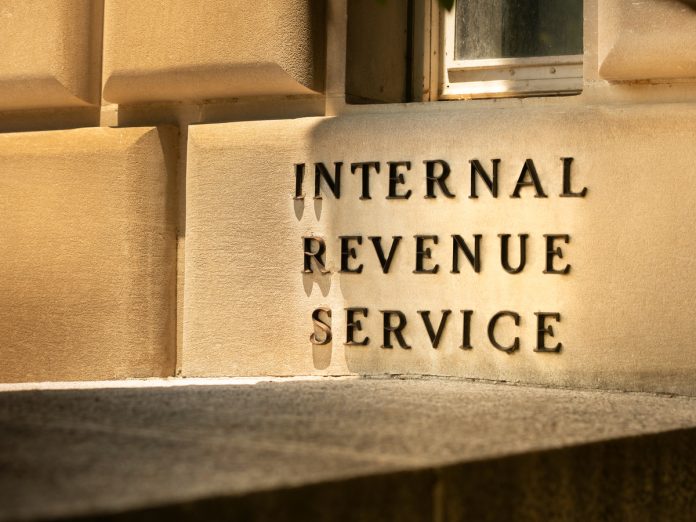WASHINGTON – The Internal Revenue Service (IRS) has reiterated marijuana remains classified as a Schedule I controlled substance, and businesses involved in manufacturing, distribution, and sale of cannabis products are subject to the restrictions of Internal Revenue Code Section 280E.
In a recent announcement, the IRS clarified that despite ongoing discussions about the Department of Justice and Drug Enforcement Administration potentially rescheduling marijuana, its legal status under federal law has not changed. Consequently, taxpayers attempting to claim refunds by filing amended returns related to Section 280E are not eligible for reimbursement. The IRS is actively addressing invalid claims.
Section 280E prohibits businesses involved in the illegal trafficking of Schedule I or II controlled substances, as defined by the federal Controlled Substances Act (CSA), from deducting expenses or claiming credits. This regulation affects marijuana businesses even in states where marijuana sales are legal. However, businesses can reduce their gross receipts by the cost of goods sold to determine gross income.
On May 21, the Justice Department initiated a formal rescheduling process by publishing a notice of proposed rulemaking in the Federal Register to consider rescheduling marijuana under the CSA. Until a final rule is established, marijuana remains a Schedule I controlled substance, and the limitations of Section 280E continue to apply. Interested parties may submit comments about the proposed rule change during the public comment period that runs through July 22.
For more information and resources related to the cannabis industry, taxpayers may visit the IRS website.











